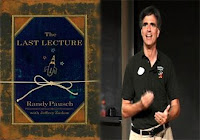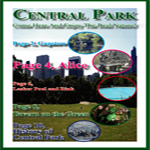 What is Technology?
What is Technology?It is the innovation, change, or modification of the natural environment in order to satisfy perceived human wants and needs. (Standards for Technological Literacy, ITEA, 2000)
The goal of technology is to make modifications in the world to meet human needs. (National Science Education Standards, NRC, 1996)
In the broadest sense, technology extends our abilities to change the world: to cut, shape, or put together materials; to move things from one place to another; to reach farther with our hands, voices, and senses. (Benchmarks for Science Literacy, AAAS, 1993)
Technology is the process by which humans modify nature to meet their needs and wants. (Technically Speaking: Why All Americans Need to Know More About Technology, NAE/NRC, 2002)
Science vs. Technology
 Science:
Science:
Deals with the natural world.
Is very concerned with what is (exists) in the natural world. (i.e.: Biology, Chemistry, Physics, Astronomy, Geology, etc.)
 while Technology:
while Technology:Deals with how humans modify, change, alter, or control the natural world. Is very concerned with what can or should be designed, made, or developed from natural world materials and substances to satisfy human needs and wants
 Science:
Science:Is concerned with processes that seek out the meaning of the natural world by “inquiry”, “discovering what is”, “exploring”, and using “the Scientific Method”.
 while Technology:
while Technology:Is concerned with such processes that we use to alter/change the natural world such as “Invention”, Innovation”, Practical Problem Solving, and Design.
While technology and science have a common denominator being the natural world, they are similar yet very different.
Technology Education (the study of technology) should NOT be confused with Information Technology or Educational (or instructional) Technology!
 What is “Technological Literacy?”
What is “Technological Literacy?”Technological literacy is the ability to use, manage, evaluate, and understand technology.
All information comes from "The Perspective of Technology Education", The Second International Symposium on Educational Cooperation for Industrial Technology Education, Kariya City, Japan.



















